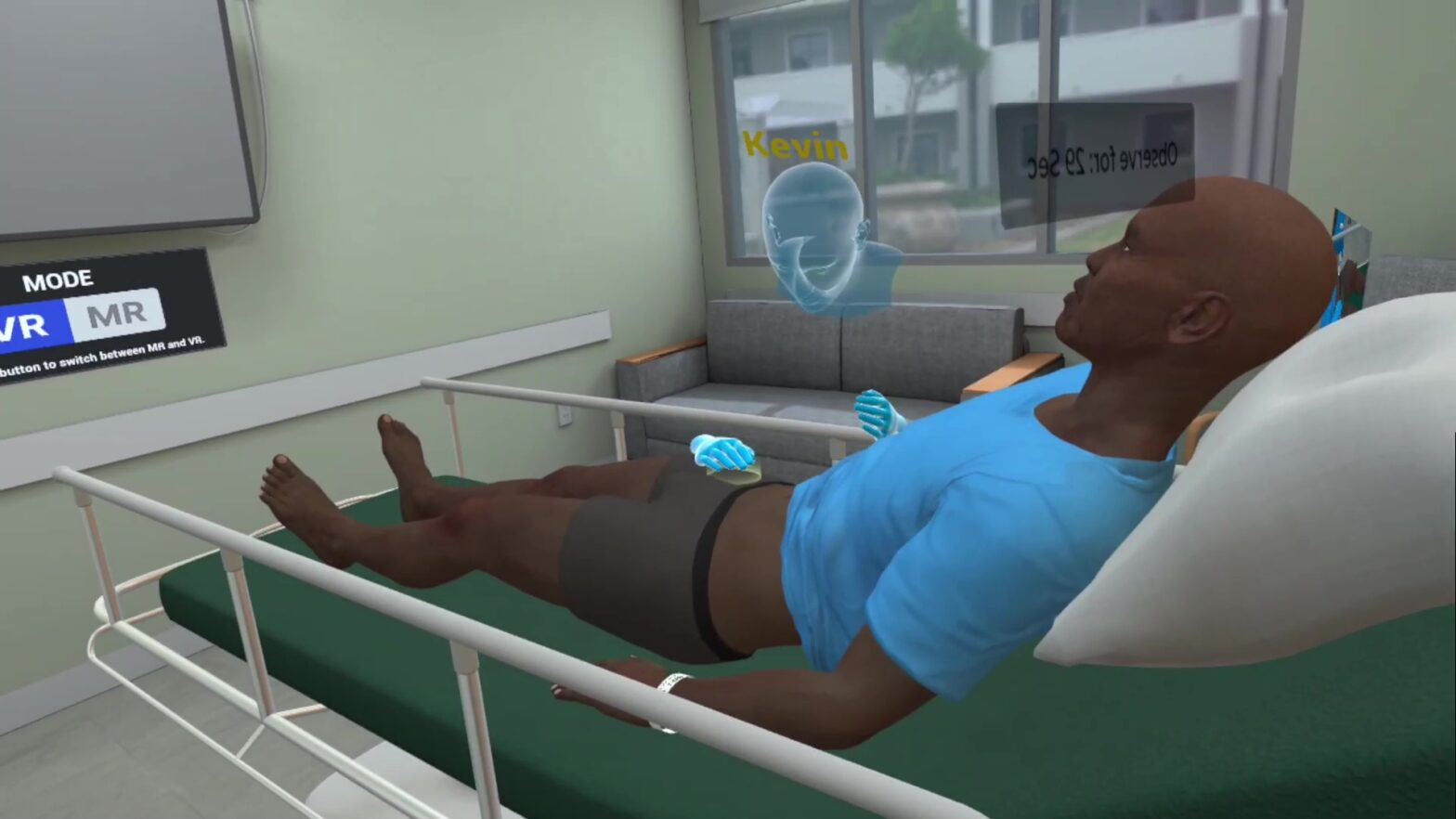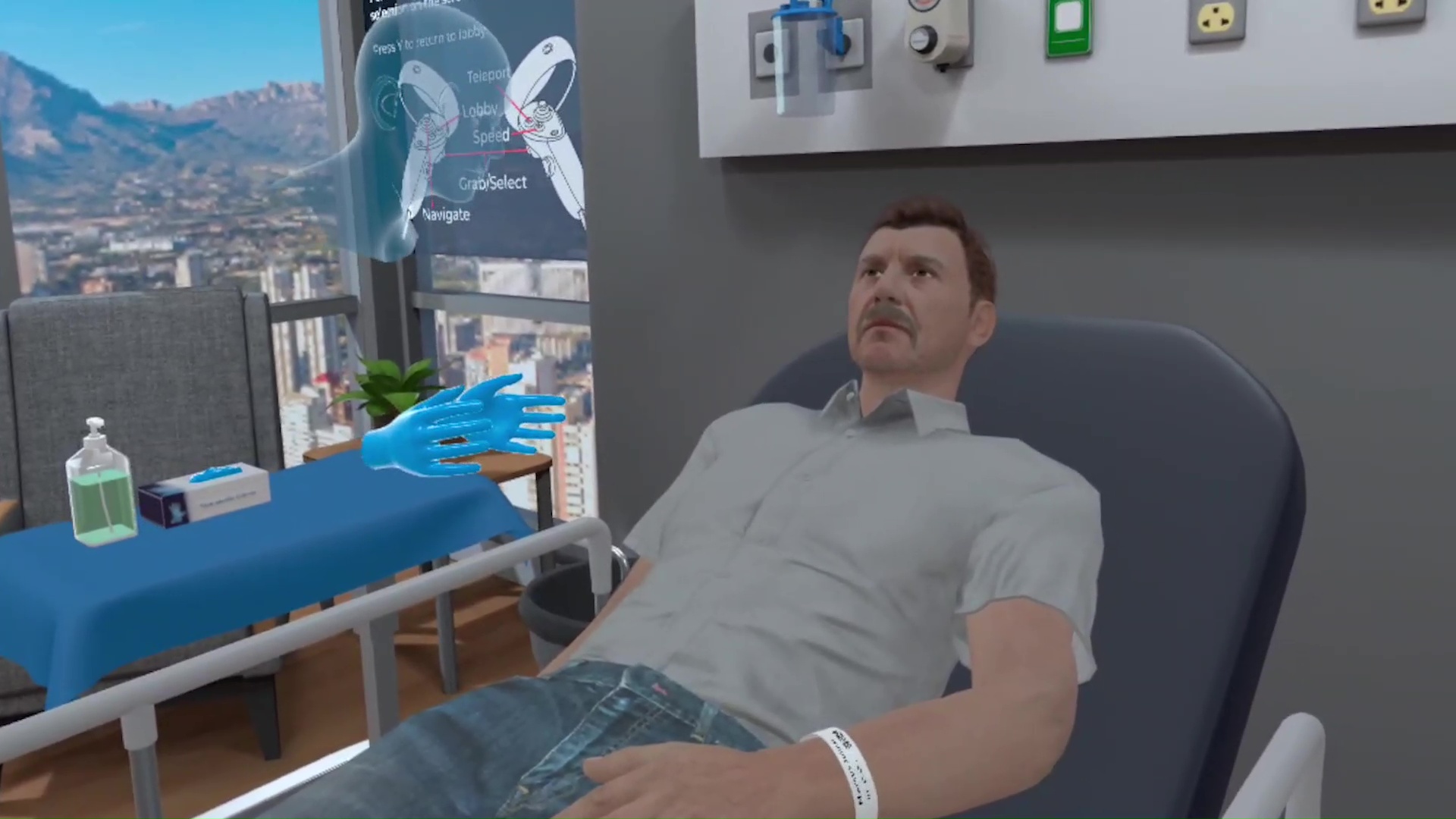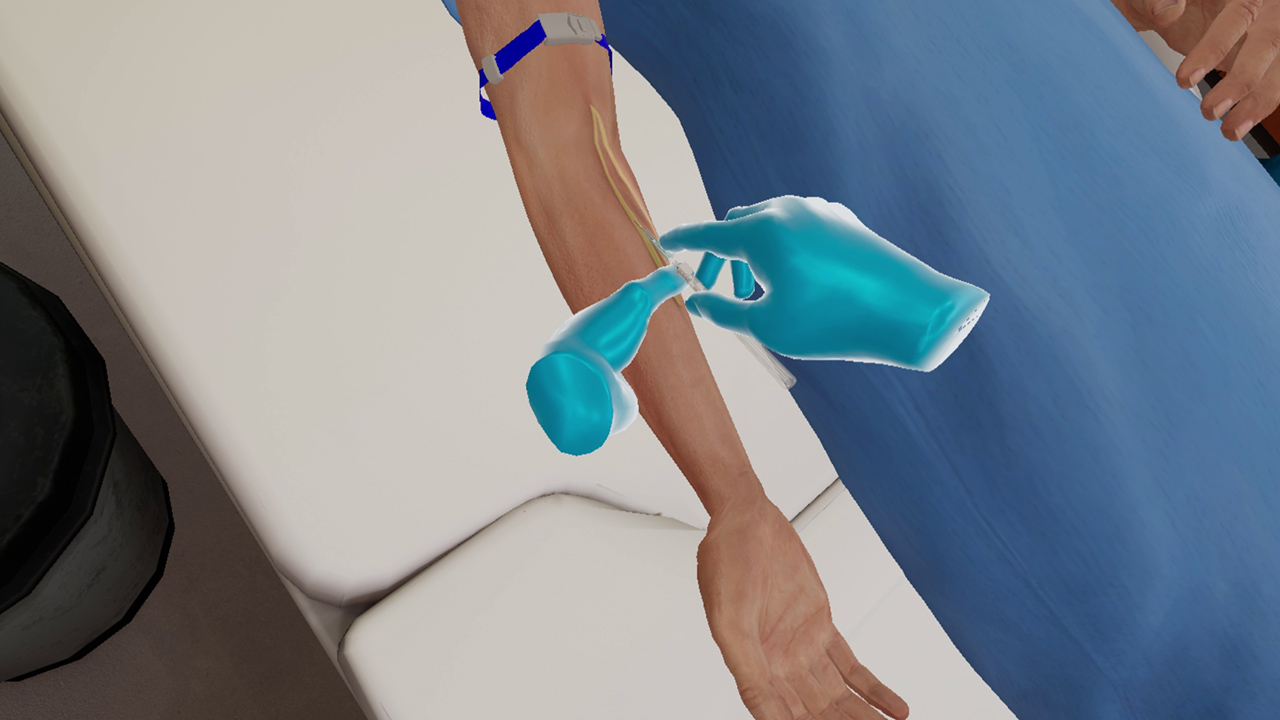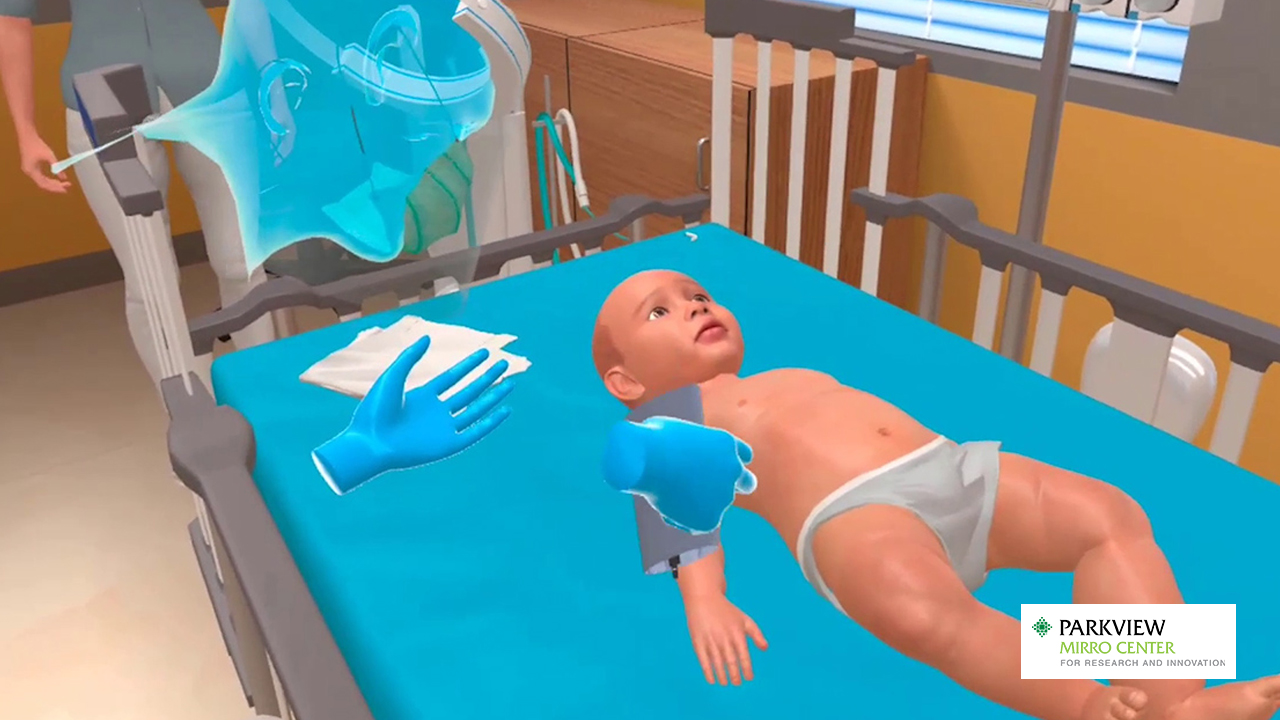
The nursing education system in the United States grapples with critical shortcomings, including limited clinical placements and a severe shortage of qualified faculty. These challenges hinder the quality of education received by nursing students and impede their readiness for professional practice. In response, Virtual Reality (VR) technology emerges as a transformative solution, offering immersive training experiences that address shortcomings and faculty shortages while enhancing nursing education quality.
Challenges faced by the nursing education system
The demand for nurses is ever so present but the means to fulfil this demand has become challenging. Some of the very crucial issues plaguing the current nursing scenario can be identified as below follows:
– Insufficient Clinical Placements: Nursing programs often struggle to secure adequate clinical placements due to high demand and limited availability. This shortage deprives students of crucial hands-on experience necessary for skill development.
– Faculty Shortages: The American Association of Colleges of Nursing (AACN) reports a critical shortage of nursing faculty, resulting in the turning away of over 90,000 qualified applicants in 2021. Limited faculty availability compromises the quality of education and contributes to the scarcity of trained nurses. According to another report released by AACN in 2022, “2,166 full-time faculty vacancies were identified in a survey of 909 nursing schools with baccalaureate and/or graduate programs across the country.”
– Impact on Education Quality: Shortcomings in the nursing education system diminish the quality of education received by nursing students, leading to gaps in clinical competency. Limited access to clinical placements and experienced faculty impedes students’ readiness for professional practice.
– Infrastructure Shortage: Nursing education requires hands-on experience. It is a job that needs to be done physically and this calls for practical experience. Training for VR nursing skills, therefore, calls for a dedicated infrastructure. Maintaining these facilities requires resources and with limited resources, it is difficult to provide the much-required training and practice.

Overcoming challenges with VR nursing skill training
Challenges in the field nursing education are critical and solutions are being explored to overcome them. In such a scenario VR happens to be a beacon of hope as it helps provide a solution to a number of issues. In many respects, VR proves to be a highly effective means of providing realistic training in safe and controlled environments.
– Immersive Learning Environments: VR technology offers immersive simulations that replicate diverse clinical scenarios, allowing students to gain hands-on experience in a controlled setting. Virtual simulations enable practice in patient assessments, medication administration, and decision-making, enhancing clinical skills.
– Addressing Faculty Shortages: VR training modules provide scalable and accessible training experiences that do not rely on physical resources or instructional personnel. Virtual simulations accommodate a greater number of students, ensuring qualified applicants are not turned away due to faculty shortages.
– Enhancing Education Quality: VR training nursing skills programs, like the ones from MedVR Education, offer personalized learning experiences tailored to diverse learning styles and proficiency levels. Immediate feedback and assessment in virtual simulations help students identify areas for improvement, refining clinical competencies and bridging the gap between theory and practice.
Virtual Reality technology represents a revolutionary solution to the shortcomings and faculty shortages plaguing the U.S. nursing education system. By providing immersive and accessible training experiences, VR enhances education quality while addressing resource constraints. As nursing education evolves, the integration of VR into curriculum design holds promise in shaping a highly skilled nursing workforce equipped to meet the demands of modern healthcare.
About MedVR Education:
MedVR Education is a continuing education platform, founded with the specific aim of providing immersive and engaging VR training solutions to healthcare professionals. Its dynamically growing library witnesses the addition of 4-5 new solutions every month. MedVR Education is at the forefront of implementing the latest technology in the field of VR and training, ensuring that learners get the best possible learning experience.
Contact us to know more about VR in healthcare training or visit MedVR Education to explore the various programs we offer.


